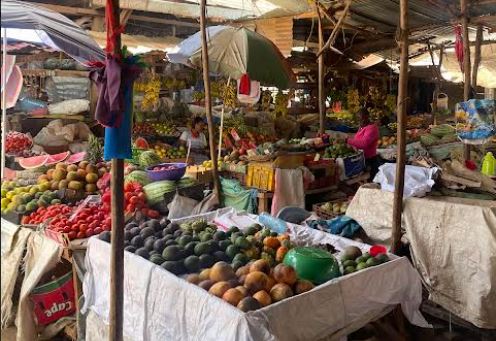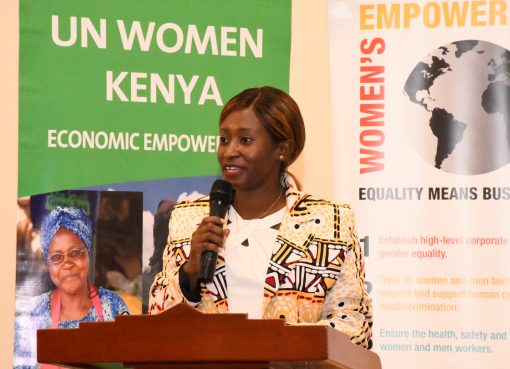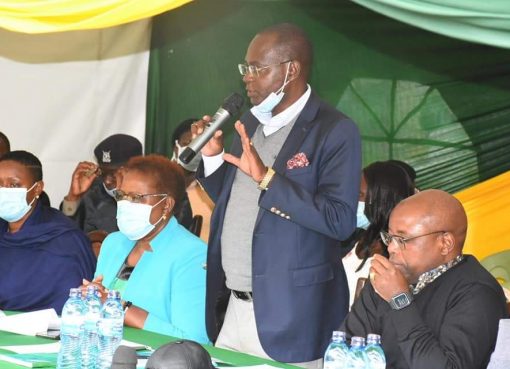Narok County Commissioner Mr. Samuel Kimiti has reiterated the Government’s order banning any form of settlement along the cutline in Maasai Mau forest with immediate effect.
Speaking during this year`s Jamhuri Day celebrations at Narok Stadium (now Ole Ntimama stadium) on Thursday, Mr. Kimiti also banned any activity in Maasai Mau forest from where 3, 300 families were recently evicted and explained that the 10kilometre cut-line must be maintained to avoid possible re-invasion of the forest.
“We are banning all activities in Mau forest including grazing as this will lead to the destruction of the trees we are planting there,” Mr. Kimiti said and reiterated the government’s stance that there would no compensation for the evicted victims.
Some of the over 3, 300 families evicted from the Mau forest more than a month ago were putting up structures to live in on the cutline after they failed to get somewhere else to go.
The administrator said those who wanted to assist the evictees by buying them land should buy each family at least a half an acre far from Mau forest.

“This will enable the families build a shelter and grow a little food and help prevent insecurity and temptation to encroach on the Mau forest,” Mr. Kimiti said.
After the eviction early last month, the government officially launched a 10 million trees planting initiative to rehabilitate the Maasai Mau water tower following the end of the second phase of Mau evictions.
This is after all the over 3,300 families living in the Maasai Mau moved out peacefully and voluntarily at the expiry of a 60-day eviction notice given by the government.
Over 500,000 trees seedlings have been planted manually and 4.5 million aerial seeds broadcasted using helicopters.
Mr. Kimiti also directed all chiefs to take data of all pupils who sat for the Kenya Certificate of Primary Education (KCPE) in their respective areas as part of ensuring 100 per cent transition to secondary schools.
“We need this data because the government policy is that we must ensure all our candidates transit to secondary school,” the administrator said. This issue was echoed by Deputy Governor Evelyn Aruasa.

Mr. Kimiti warned residents of the county against outdated cultural practices such as Female Genital Mutilation (FGM) and early marriages which led to early pregnancies and advised them to instead take their children to school for them to become better people tomorrow.
The national demographic survey 2016 reported teenage pregnancies in Narok County to be at 40 percent as compared to an average of 18 percent in Kenya which is very high and has mostly been fueled by traditions such as FGM that have been overtaken by time.
The County Commissioner also urged the residents to step up agricultural productivity so as to make use of the recently launched Standard Gauge Railway to market their products and create wealth.
This was echoed by Narok Governor Samuel Tunai who said his government would endeavour to improve the rural access roads in order to help framers market their produce and construct more livestock markets.
The governor and nominated MP David Sankok expressed their support for the Building Bridges Initiative (BBI) Report saying its proposal to increase funding to the counties from 15 per cent to 35 per cent would see money trickle to the counties to spur development up to the ward level.
Sankok reiterated his earlier proposal to have the law reviewed to allow politicians to retire at 65 years.
Also present at the function was Narok West MP Gabriel K. Ole Tongoyo among other dignitaries.
By Mabel Keya Shikuku





